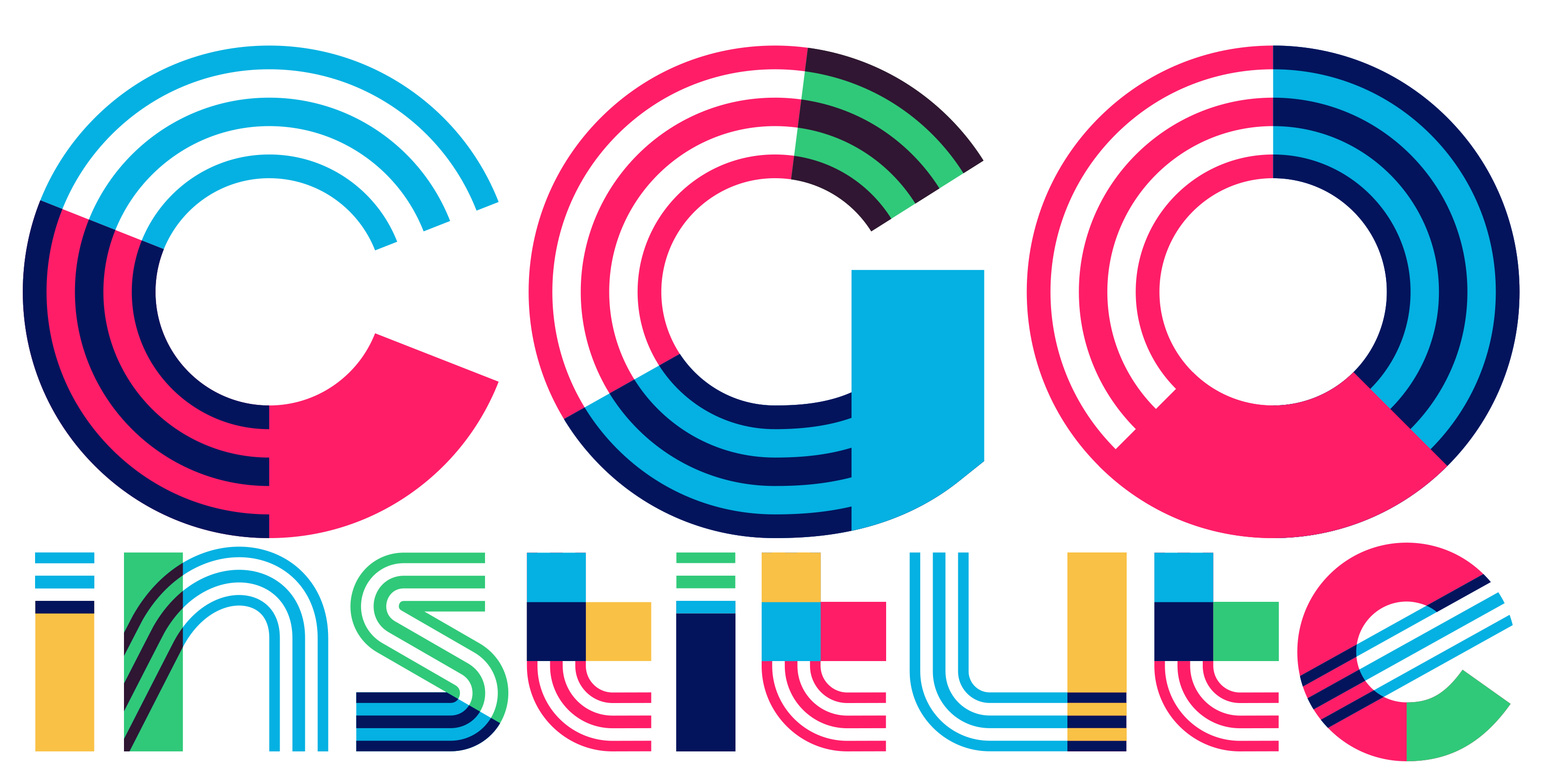If the last 16 months have taught us one thing, it is that we have to think differently and work differently. As I prepare to welcome back the 2nd cohort of the Diploma in Creative Producing, and to start interviewing for the 3rd cohort who will join Nov 1st, I am inspired to challenge myself to do everything I can to inspire the next generation of creative producers to make work in different ways.
Three articles/documents have now been shared with the producers, and we will use time in seminars and sessions to explore how future practice can embrace what is needed.

The first is the Big Freelancer Report which challenges us all to rethink the command structures and the creative leadership of our work. “Whereas freelancers make up 16% of the nation’s workforce, in the performing arts this figure rises to 71% “ and “Only 3% of the permanent employees of publicly funded organisations are engaged as artists. To be an artist, craftsperson or practitioner in the performing arts is to be a freelancer.” The creatives in our industry are in a “forced dependency” upon institutions where “94% of the work created for the nation’s stages is entirely reliant on freelancers.”
All the creative producers on our Diploma are freelance, or live a “portfolio life” of PAYE and freelance mix. We know what it is like to be dependent on the structures which have, in the main, been supported through the last pandemic year with furlough and relief fund. And so many freelances have been set adrift – be they actors, stage management, freelance admin/marketing and service providers, or freelance and peripatetic teachers of the arts & musicians. Some have had some government support. Many have tragically not.
The expectation is that most institutions will be saved along with their permanent staff, and the concern is that freelancers will be the last to be re-engaged. The next generation of producers, and those who may join the Boards of the future, must be at the vanguard for change.
Secondly I have been inspired by the clarity and focus of the Theatre Green Book which is exploring sustainable future practice for producers, directors/designers, production managers, and production teams Architect Paddy Dillon has led a process involving 100s of practitioners working with all the bodies who represent the managements and best practice in the UK theatre business. Can we achieve collaborative “baseline standards” by taking/allowing time, refashioning budgets, and reconsidering the design and directorial visions at an early enough time to make a difference.
The document invites all parties to sign up to clear targets, such as 50% of the materials that we use having had a previous life. The document is wonderfully clear. We are reminded that no-one can afford to wait for some unexplained miracle to occur – BUT to make a real difference we need to work together. Once again these are the opportunities which are clearly lain out for the producers of the future to embrace and harness. The Art we make can remain just as exciting and amazing – but maybe, if we get truly Greener, it will just enable our children and grandchildren to make Art on a planet that they are proud to call home.
And finally, my trio of ‘wakeup grady’ calls came from a colleague from my days in Bury St Edmunds. Geoff Barton was an inspiring headteacher at the local secondary school, and a great collaborator on the BID for Bury board which I sat on. Now he is all over the news as the General Secretary of the Association of School and College Leaders – challenging government to think differently about the A in STEAM. We are at a tipping point in our education – governments seem to believe that a tech savvy workforce is enough. They can make stuff and mend stuff and grow stuff and bank stuff. The problem is that the inventors and inspirers and leaders are ‘made’ from great teaching in creativity. I have no idea why a group of outwardly well educated politicians and civil servants believe that the arts are unimportant. We seem as an industry to be unable to make them all see sense. So that is a fundamental challenge for the next generation of producers and leaders – before it is too late. Have a read of this short, powerful, article.
So three ways in which we can, should, must think differently – and three areas which anyone studying with the CGO Institute will be encouraged to debate and act upon, supported by the Faculty of practitioners and mentors. Have a good read and a think.
And thank you to the hundreds of freelancers and professionals who have helped to shape these calls to action for our industry.

